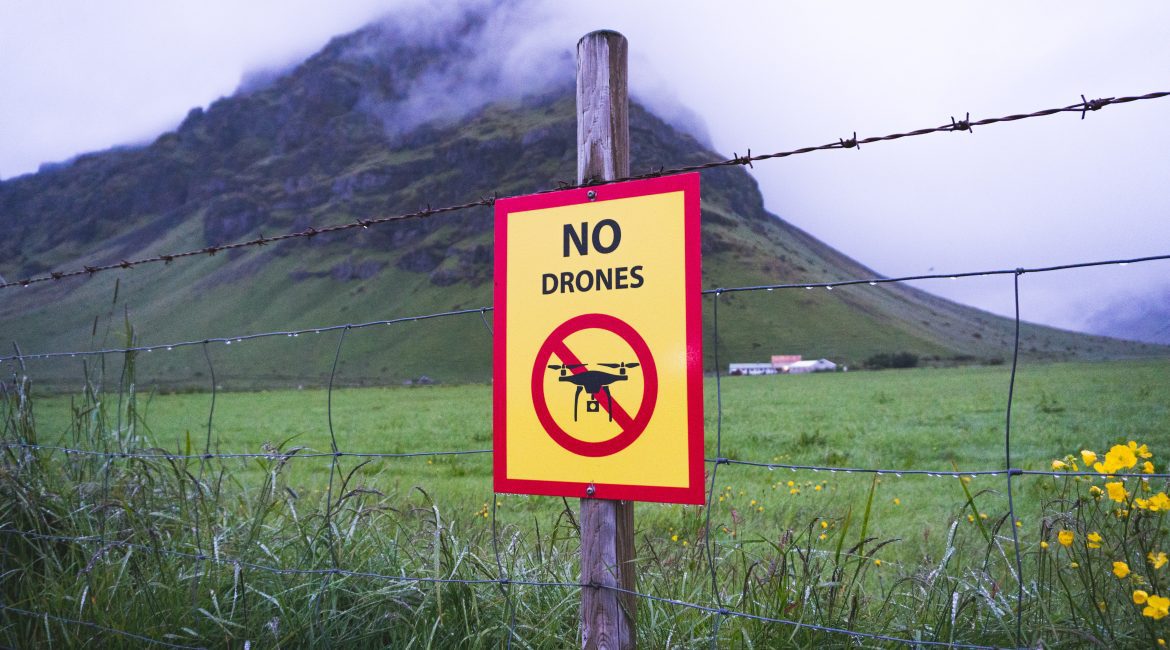During the last three months, an internationalization of the conflict in Ukraine has deepened. Some of its main manifestations are the deployment of Russian forces in Belarus and the growing threat to destabilize the entire Baltic Sea region and the rest of Europe.
At the same time, one has seen a growing arms race at the European and global levels, as well as the deployment of new weapons. Thus, in early October 2022, NATO warned that Moscow had deployed the Russian nuclear submarine K329 Belgorod in the Arctic Sea, a state-of-the-art ship capable of launching projectiles up to a range of 10,000 kilometers: this is equivalent to an approximate distance between Moscow and Miami. In addition, the repeated references to the possibility of a war with nuclear weapons continue, be it of a tactical nature, this is "limited" to a regional scenario, or strategic, of a global nature. It is worth remembering President Putin's statements that he would be willing to use these types of weapons in the event that Russia's security was threatened. For his part, President Biden has affirmed that the world is at the highest nuclear risk since the Cuban missile crisis, which marks the 60th anniversary this October.
To all of the above, we must add a new factor that contributes to the internationalization and deepening of the war in Ukraine: the intervention of an extra-regional country, of a Middle Eastern power, such as Iran. Since October 2022, US sources have reported that Iran has delivered dozens of drones to Russia, which are being used in Ukraine. More specifically, it is about the Shahed 136, an unmanned aircraft that came into operation in 2021 and has a range of 2,500 kilometers, this is approximately the air distance that separates Moscow from Paris. Although most of these drones have been shot down by Ukrainian forces, the damage they have caused to the civilian population is no less.
At the same time, US sources have also pointed out that members of the Iranian Revolutionary Guards have arrived in Crimea and, from a Russian military base, where Iranian drones are located, and are training the Russian military in their use. In this way, we observe a direct role of Tehran in the war in Ukraine, through the delivery of arms and the presence of military advisers, violating the economic sanctions imposed by the United States and the European Union for its failure to comply with the nuclear program. It should be added that this intervention occurs at a time when the Persian country has strong internal protests.
We can observe at least two consequences of Iranian involvement, which have an impact on the regional landscape of the Middle East and also on the global stage:
First, it poses some major challenges for another regional power like Israel. Ukraine has asked Israel for support in the delivery of the anti-ballistic missile defense system, since this country has extensive experience in systems, such as Arrow and Iron Dome, which have been effective in destroying rockets launched by the Hamas and Islamic Jihad groups against Israeli territory. Faced with this request, the Israeli response has been clear: it is willing to provide advice to Kyiv, but not the material delivery of the missile system, thus avoiding threats from Moscow. In addition, the Jewish State has an intervention in the war in Syria, against objectives of the Hezbollah movement, which is allowed by Moscow. A direct intervention in the Ukrainian conflict could end this "permission" by Moscow.
Second, it further strengthens the axis between Russia and Iran, both facing economic sanctions from the West. Already towards the end of March 2022, after a month of the start of the war in Ukraine, the foreign ministries of both countries reported the decision to strengthen bilateral cooperation in all fields, including the strategic one. At the same time, a joint comprehensive plan was agreed on regarding Iran's disputed nuclear program.
In short, there has been a deepening and internationalization of the war in Ukraine from the intervention of an extra-regional power, located in one of the most conflictive geographical areas of the planet, such as the Middle East, which already has an important role in other conflicts in the region (Syria, Iraq, Yemen, Lebanon), which develops a nuclear program strongly questioned by the European Union and the United States, and which has a substantial confrontation with another power in the region: Israel.

